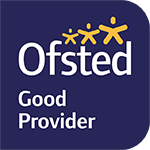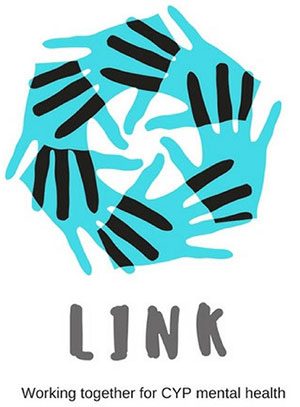Vision Statement
At Moorlands, we believe that Physical Education gives children the tools and understanding required to make a positive impact in their own physical health and well-being. We want all children to experience a wide variety of sports and physical skills which will enhance life-long fitness and life choices.
Physical Education can challenge and promote self-esteem through the development of physical confidence and problem solving. It can teach children to cope with both success and failure in competitive, individual and team based physical activities. Children have equal opportunities to take part in a range of sports and physical activities within a supportive environment where effort as well as success is recognised. Our children are encouraged to participate in exercise through-out the day during PE lessons, clubs, outdoor learning, lunch provision and special events.
Aims
At Moorlands, we recognise the importance PE plays in the curriculum and are committed to providing all children with opportunities to engage fully in Physical Education. The aim of our PE programme is to develop children’s basic physical competencies, build confidence in their ability and build the foundations for a lifelong love of sport, physical activity and a healthy lifestyle. PE lessons encourage children to compete against themselves and others whilst being challenged to improve their physical, social, emotional and thinking skills. These skills are embedded in the heart of our planning.
Our objectives in the teaching of PE align with the National Curriculum in that we aim to ensure all pupils:
- Develop competence to excel in a broad range of physical activities
- Are physically active for sustained periods of time
- Engage in competitive sports and activities
Lead healthy, active lives
Delivery
Physical Education lessons are delivered by class teachers or HLTAs. A variety of teaching and learning styles are used and applied in curriculum lessons. Our principal aim is to develop children’s knowledge, skills and understanding in all aspects of the subject. This is achieved through a balance of individual, paired and group activities. Children will have the opportunity to be co-operative, collaborative and competitive. These situations will aim to cater for the preferences, strengths and needs of every child. Children will have the opportunity to adapt and develop in a range of situations and will also be encouraged to continually evaluate their own performance.
Coverage
Our PE lessons are planned using the Get Set 4 PE platform, which aligns with our core values, our whole child approach to PE and the objectives laid out in the National Curriculum.
Get Set 4 PE is planned so that progression is built into the scheme which ensures our children are increasingly challenged as they move up through the school. The curriculum planning in PE is carried out in three phases (long-term, medium-term and short-term).
The long-term plan maps out the PE activities covered in each term during the key stage. The PE subject leader works this out in conjunction with teaching colleagues and pupils in each year group. Together we create a broad and balanced curriculum that is exciting for our children to learn through.
Our medium-term plans give details of each unit of work for each term. These schemes of work provide an overview of the unit, links to other areas of the National Curriculum and assessment criteria for that unit.
The short-term lesson plans provide opportunities for children of all abilities to develop their skills, knowledge and understanding in each activity area.
PE in the Early Years
PE in Key Stage 1 and 2
Progression and Expectation in PE
Vocabulary in PE
Assessment
Our teachers assess the children’s work in PE, both by making informal judgements, as they observe them during lessons, and through assessing against the specific objectives set out in the National Curriculum and recorded using the Get Set 4 PE assessment software.
We have clear expectations of what the pupils will know, understand and be able to do at the end of each Key Stage. Teachers are supported with resources to know how to prepare children for their next phase of education. These resources include the Get Set 4 PE progression of skills document, progression ladders and knowledge organisers.




